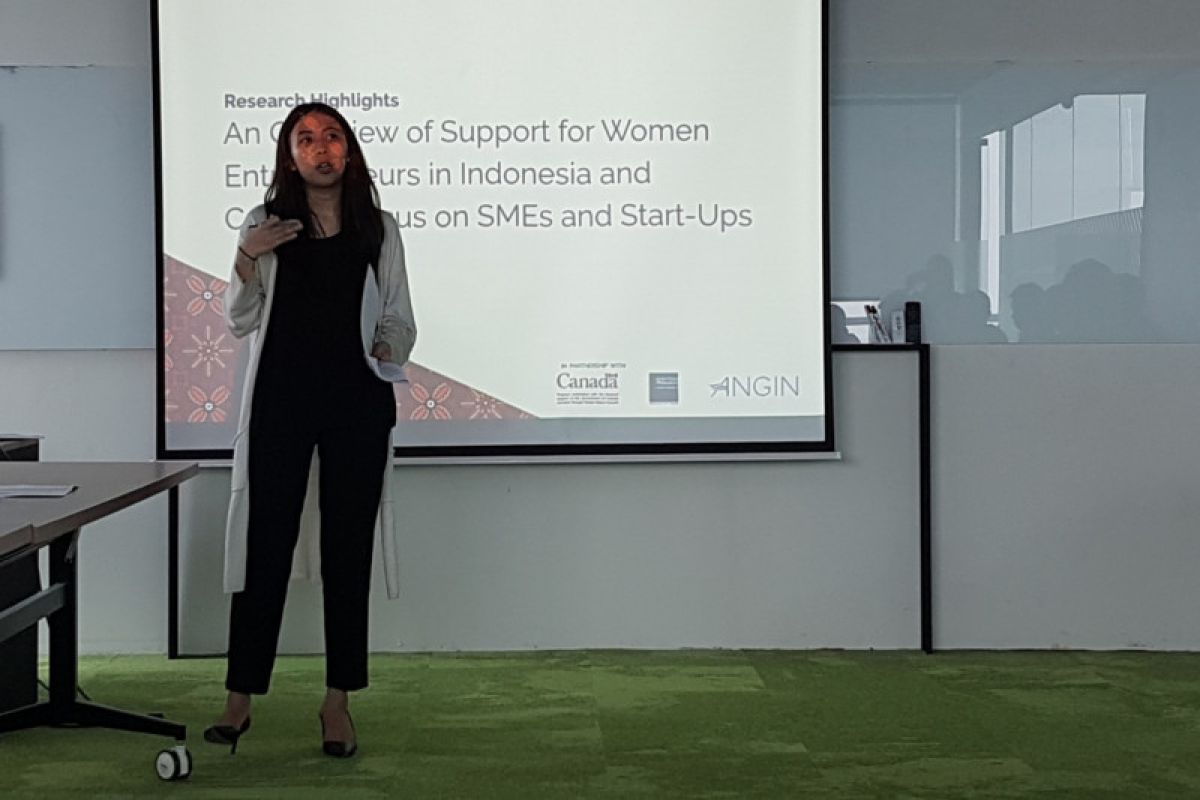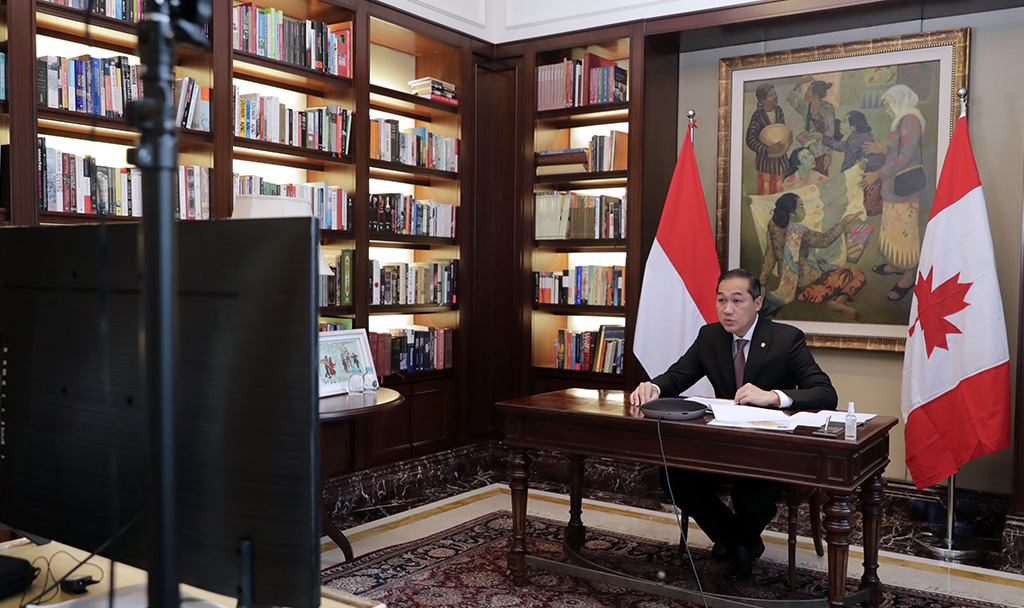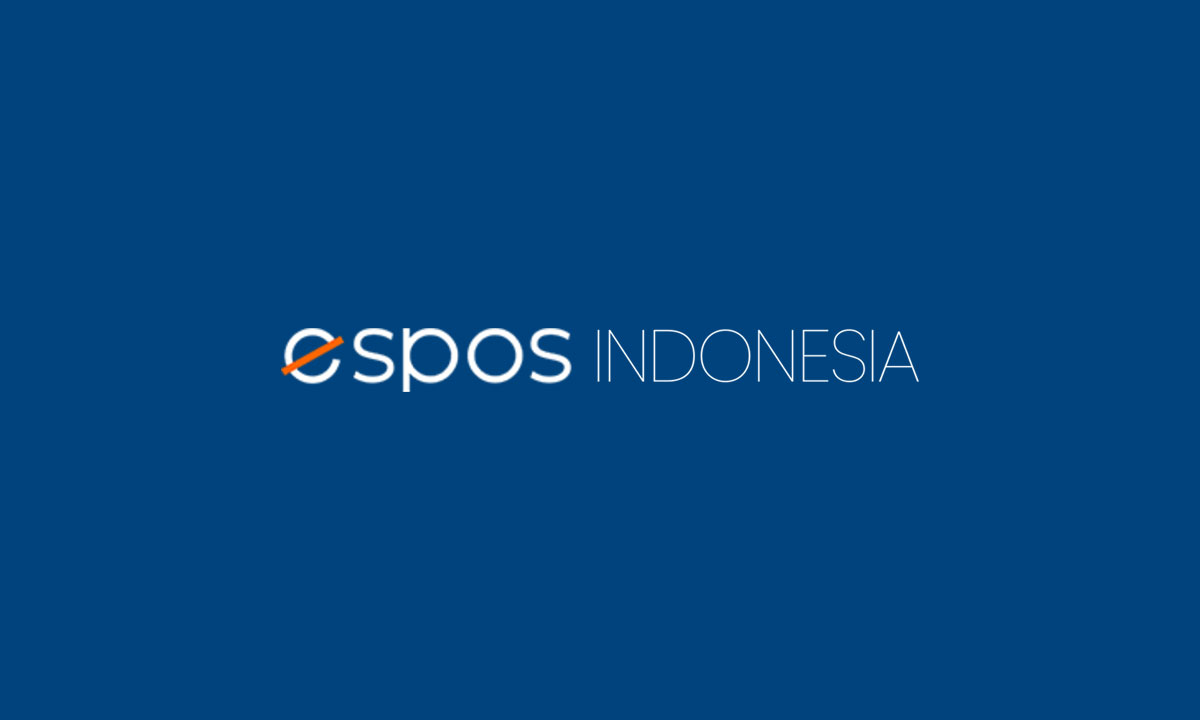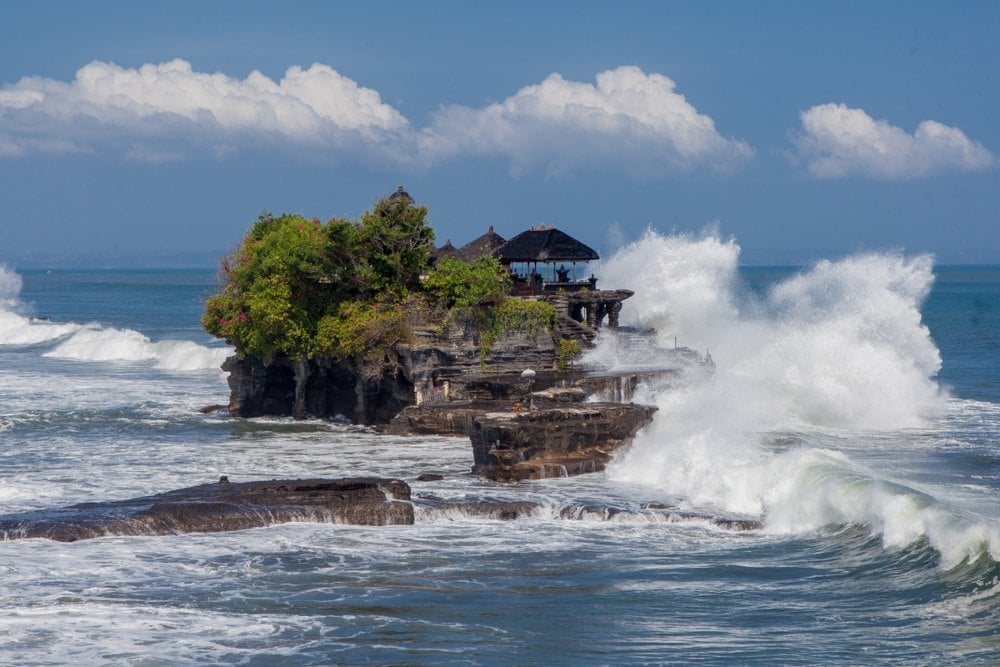Jakarta (ANTARA) – Report prepared by the President Indonesia Angel Investment Network (ANGIN) Valencia Dea shows that Indonesian women’s entrepreneurship is lagging behind Canada.
Reports focusing on SMEs and start-ups (startups) was written by Dea during her two-month internship at The Conference Board of Canada in spring 2018, with support from the Canada-Indonesia Trade and Private Sector Assistance Project (TPSA) and the Indonesian Ministry of Trade.
“Currently, women-owned SMEs contributed only 9.1 percent of Indonesia’s GDP in 2013. Overcoming the barriers that prevent women from starting and growing businesses will yield greater economic benefits,” Dea said at the report’s launch in Jakarta on Wednesday.
In Indonesia, women-owned small businesses generated $36.5 billion and women-owned medium-sized businesses generated $34.6 billion.
Meanwhile, Canadian women-owned SMEs contributed C$148 billion to economic activity, representing about 8.4 percent of Canada’s GDP in 2011.
In Indonesia, women-owned SMEs tend to operate in the service sector rather than manufacturing, with the exception of food production.
The presence of women SMEs is significant in other services, in retail and wholesale trade, but to a lesser extent in sectors such as chemicals or plastics, information technology, machinery and equipment, and other metals or minerals.
As in Indonesia, Canadian women-owned SMEs are largely concentrated in the service sector, particularly in information, waste management, health care and recreation, and retail trade, but have a low presence in male-dominated sectors, such as construction, wholesale trade and manufacturing.
The overall level of participation of Indonesian SMEs in global export markets is low. Data from the Ministry of Trade shows that less than 1 percent of SMEs export their products.
There is currently no data on export participation disaggregated by gender, but the chairwoman of the Indonesian Women Entrepreneurs Association (IWAPI) estimates that only 1 percent of its members, or more than 30,000 people, are able to export their products.
Compared to Indonesia, the number of Canadian women-owned SMEs involved in export activities is much higher, at 11.1 percent.
However, according to the study, women operating SMEs in Indonesia and Canada face various challenges in starting and growing their businesses, including socio-cultural norms and access to capital.
“Women are confronted double burden “which puts them under a double burden as those responsible for domestic affairs, so they have limited time and mobility to network and do business,” Dea said.
Indonesian SMEs are an underserved segment of the financing sector. Currently, formal financial institutions target micro or large enterprises, and banks impose various complex rules to provide capital, even though the government reduced the People’s Business Credit (KUR) interest rate to 7% in 2018.
Limited availability of capital is also a major barrier in Canada, in part because women entrepreneurs and financial institutions have different perspectives on growth.
In Canada, women often choose to start small businesses and take out small loans to ensure the long-term viability of their businesses, while financial institutions are generally reluctant to grant small loans.
Also read: Survey: Gender gap limits women’s entrepreneurial potential
Also read: ASEAN Women’s SMEs Joint Exhibition

“Tvaholic. Beer guru. Lifelong internet nerd. Infuriatingly humble pop culture scholar. Friendly food advocate. Freelance alcohol fan. Incurable bacon ninja.”


:strip_icc():format(jpeg)/kly-media-production/medias/4953136/original/060929700_1727279642-Screenshot_2024-09-25_224617.jpg)



:strip_icc():format(jpeg)/kly-media-production/medias/3306276/original/047015900_1606275972-CjkinzN007013_20201125_CBPFN0A001.jpg)